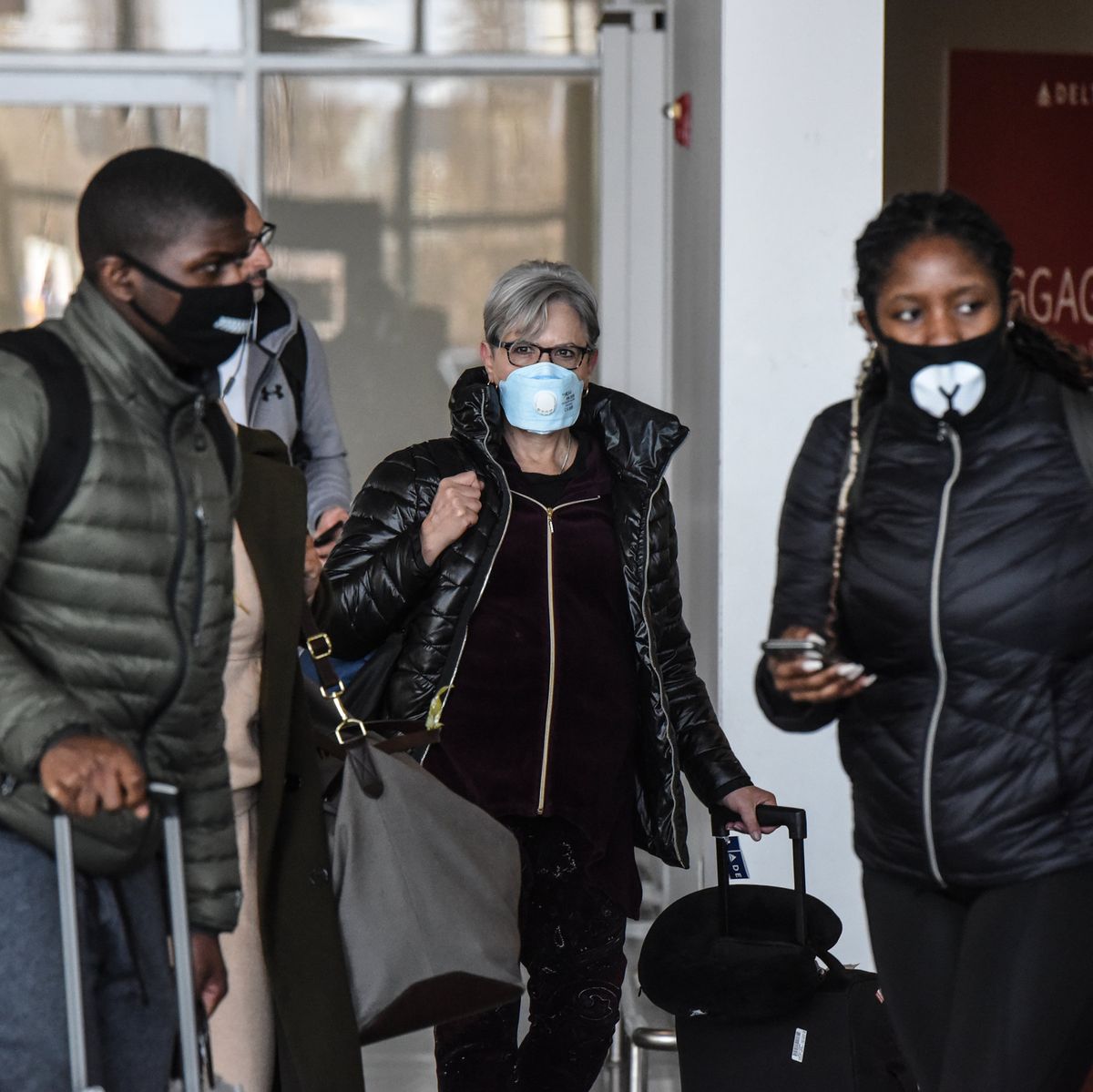Trump Administration urges citizens to wear face masks in public

A few minutes every morning is all you need.
Stay up to date on the world's Headlines and Human Stories. It's fun, it's factual, it's fluff-free.
On Friday, April 3, the Trump Administration announced that the US Centers for Disease Control and Prevention (CDC) was now officially recommending that Americans wear face masks in public to stop the spread of COVID-19.
Prior to this announcement, health experts had suggested that wearing a mask was only necessary for those who were sick, with many experts warning the public against hoarding masks that could better serve those on the frontlines, particularly doctors and nurses.
In a change of policy, the CDC now says that further studies have found that infected individuals who aren’t exhibiting any symptoms can still pass the virus onto others, strengthening the case that face coverings of some type — if not necessarily proper health masks — could stop people from unknowingly spreading the virus.
During the announcement, President Trump emphasized that the CDC’s guidelines were just a recommendation, not a hard rule. He went on to say that he would be “choosing not to do it,” adding that he felt it would be hard to envision meeting world leaders with a covering.
Asia’s policy
In Asia, the use of face masks is much more common. For years, many in East Asia have viewed face coverings as a legitimate way to prevent the spread of disease in public, not just in extreme circumstances such as during the current pandemic.
As a result, the widespread use of masks during this outbreak was generally a foregone conclusion. Nevertheless, in response to the virus some Asian governments have made it mandatory to wear masks in public places such as airports, on public transportation or in government buildings.
Some medical professionals argue that the US and other western countries should have been using masks a long time ago.
“[Wearing masks is] really a perfectly good public health intervention that’s not used,” argued KK Cheng, a public health expert at the University of Birmingham. “It’s not to protect yourself. It’s to protect people against the droplets coming out of your respiratory tract.”
Other important measures
Still, others have made the case that masks are unlikely to be effective without being coupled with social distancing measures.
Because the virus is primarily spread by larger droplets, “we know that standard surgical face masks will have a modest effect on that kind of transmission,” Arnold Monto, an epidemiologist at the University of Michigan in Ann Arbor, says. “When you combine [masks] with other approaches, then they may make a difference.”
This perspective is in line with the latest CDC recommendations that emphasize the importance of continuing to practice distancing efforts of at least 6 feet (2 meters) in public in order to slow the spread of the virus.
[article_ad]
Have a tip or story? Get in touch with our reporters here!




Comments ()